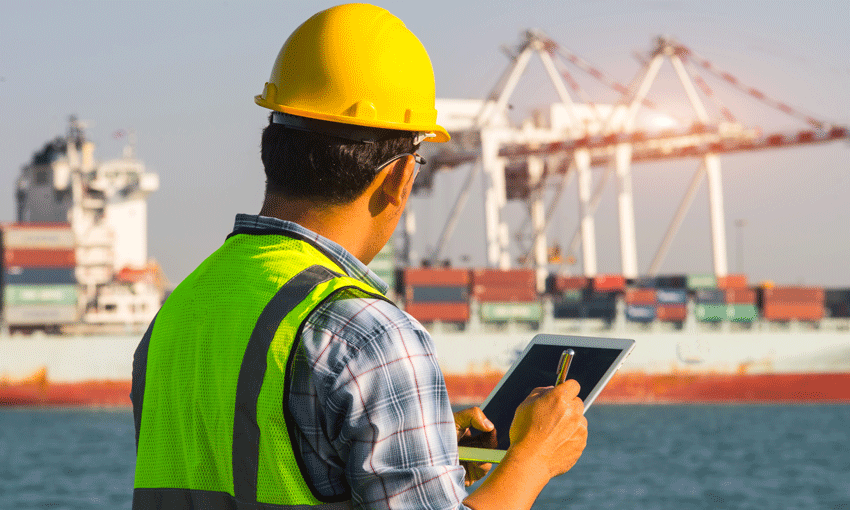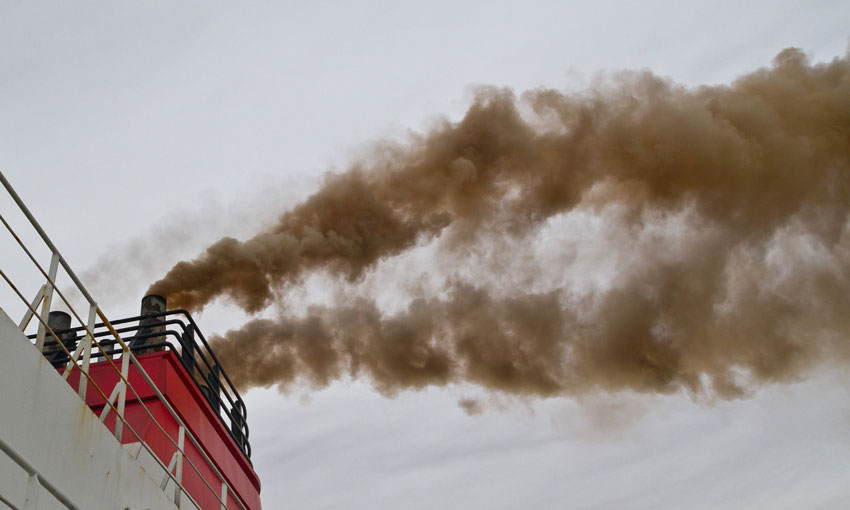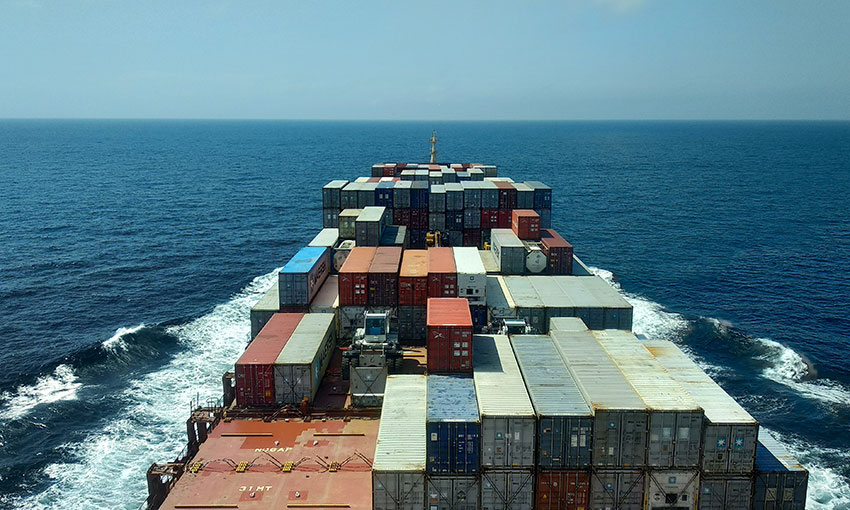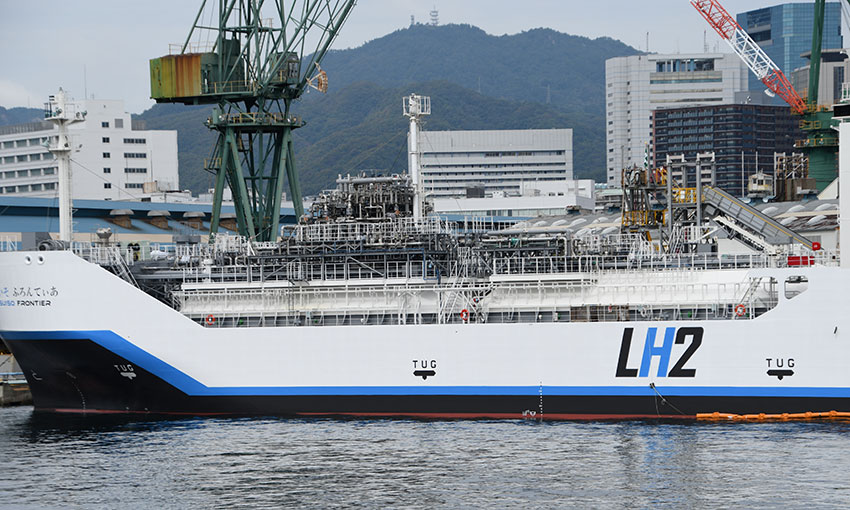THE INTERNATIONAL Chamber of Shipping has launched the first edition of A Practical Guide to Shipboard Inspections.
The publication is designed to help the maritime industry prepare for and manage port state, flag state, class, port health, masters and ITF inspections, among others.
It draws from interviews with current inspectors to give officers, crews and superintendents an understanding of how to work with inspectors and surveyors and prepare for each type of inspection.
The guide also aims to help them identify and improve areas on their ships before inspections, navigate the appeals process for disputing deficiencies and address and mitigate corruption during inspections.
ICS said the guide emphasises transparency during inspections and encourages crew members to address potential issues ahead of time.
“Inspections are fundamentally aimed at enhancing ship safety,” the association said.
“A Practical Guide to Shipboard Inspections not only compiles the most common deficiencies identified by port state control regimes but also provides actionable steps to reduce these deficiencies.”
The Australian Maritime Safety Authority, which is responsible for port state control inspections in Australia, recently highlighted an increase in onboard deficiencies and changes to international standards as reasons behind a sharpened focus on some aspects of inspections.
It said port marine surveyors are especially focused on maintenance plans and activities, conditions onboard and seafarer employment agreements (including payment of wages), cargo securing arrangements, navigational safety practices, garbage handling procedures, use of scrubbers and fuel content, as well as maintenance on pilot ladders.
Josh Smith, principal marine surveyor – port state control at AMSA, said the ICS guide is a helpful resource for anyone involved in ship operations.
“It fosters better understanding of compliance requirements between inspectors and ship’s crews, offering practical guidance and strategies to uphold high standards of maritime safety, protection of the marine environment and ensure seafarer welfare,” he said.
More information about the guide is available on the ICS website.





